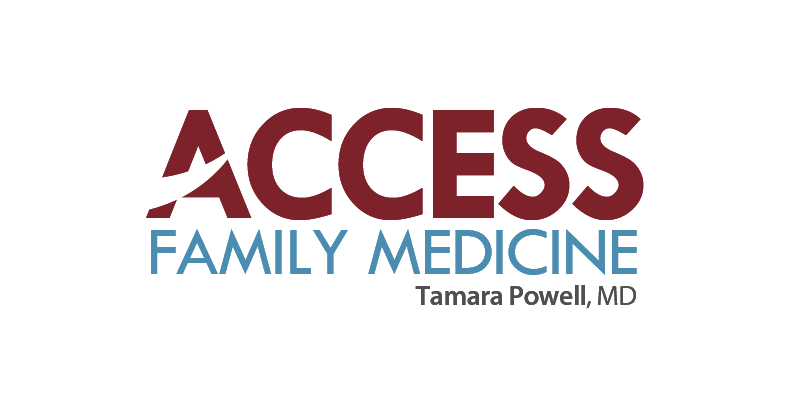Dear AFM Family,
I'm sure many of you have been wondering what the difference is in FDA and EUA approval. Here is helpful information I found. I hope you find it useful.
The FDA approves medications, including vaccines, for our country. In an emergency, the organization can issue an Emergency Use Authorization. Here is the difference in FDA approval versus EUA:
EUA- allows speeding up manufacturing & eliminating administrative delays, which DOES NOT alter requirements for evaluating safety & efficacy of the medical intervention.
BOTH
require all 3 phases of clinical trials to be completed.
EUAs can run phase 2/3 clinical trials concurrently, as opposed to sequentially. EUAs DO NOT SKIP any steps of clinical trials while monitoring safety and efficacy of the medication or vaccine. Some steps simply occur at the same time to gather data more quickly.
Manufacturing of the product for EUA occurs DURING clinical trials, as opposed to AFTER clinical trial testing (the case during pursuit of FDA approval). This allows the product to be ready to ship immediately, should the EUA be granted.
FDA approval requires at least 6 months of data after phase 3. Because we have collected 6 months of data for the mRNA vaccines, full FDA approval is expected to occur in the near future.
From
Unbiased Science Podcast.
Take care and please contact me with any questions!
Dr. Powell


